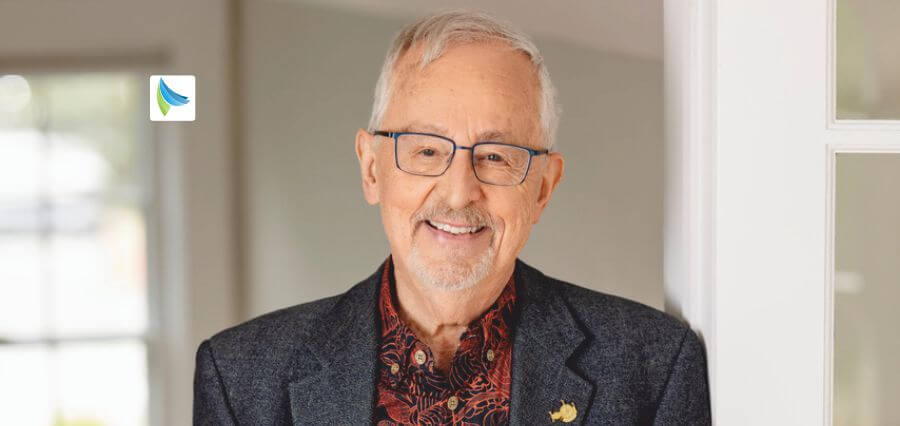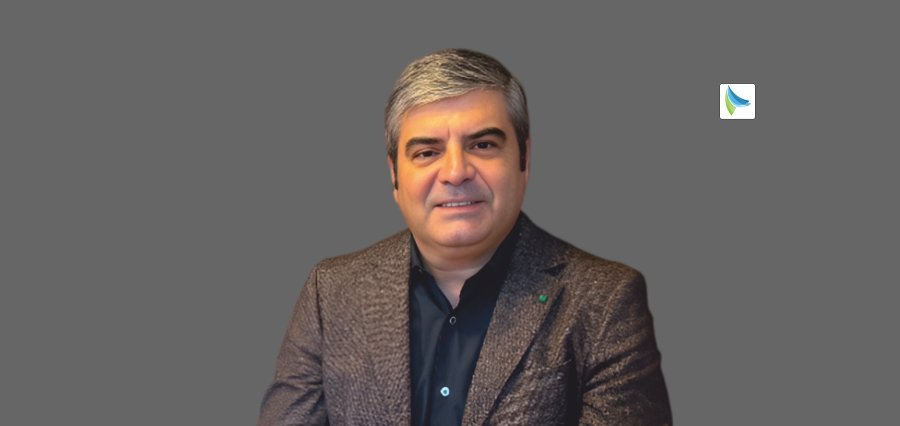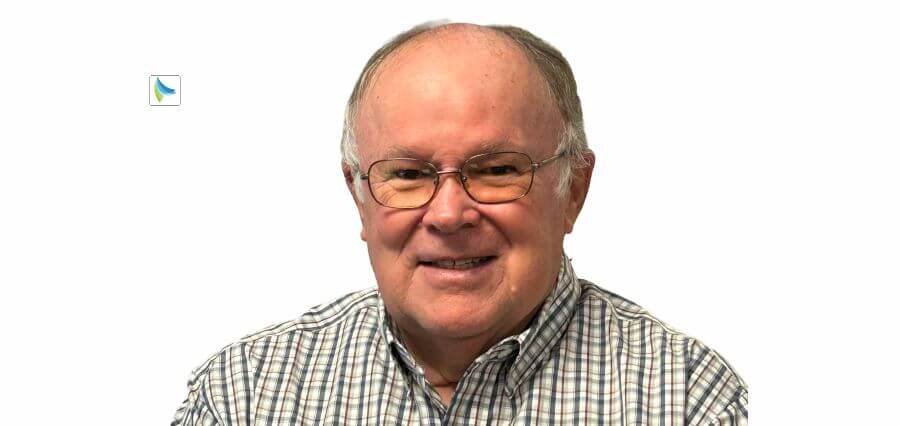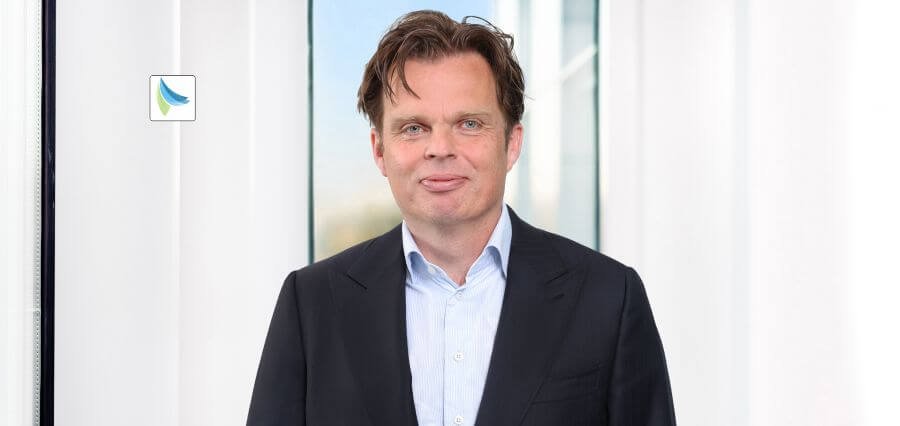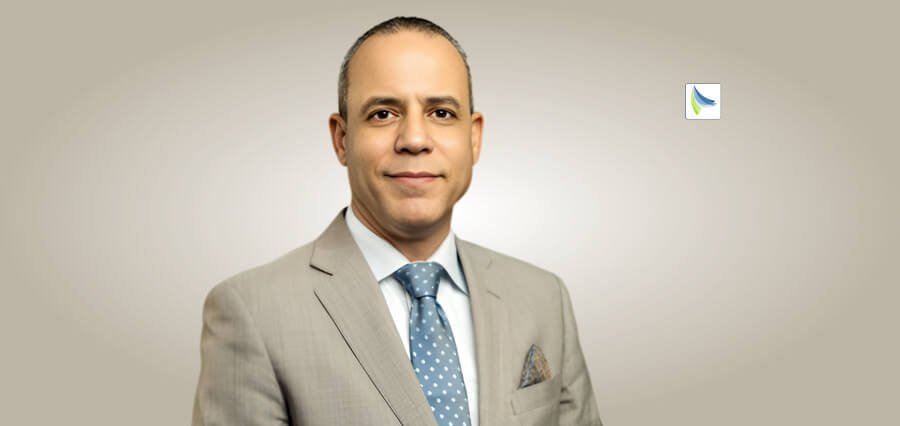Education stands as one of the greatest equalizers in society—a beacon that not only empowers individuals but uplifts entire communities. It is the very foundation upon which we build informed, healthy, and prosperous lives. From bridging social gaps to unlocking doors to opportunity, education’s importance cannot be overstated. But education in its truest form is more than books and classrooms; it is mentorship, vision, and the unwavering guidance of those who devote their lives to nurturing future generations.
Among those few who have not just taught but transformed education itself is Dr. Richard Larson. His name is synonymous with innovation, dedication, and brilliance in both academia and applied sciences. With a tenure of over five decades at the Massachusetts Institute of Technology (MIT), Dr. Larson has been instrumental in reshaping how students engage with science, operations research, and interdisciplinary education. His journey is one that transcends titles and accolades—it is about impact, integrity, and inspiration.
Through his pioneering research, unyielding commitment to students, and a vision for a more interconnected educational world, Richard Larson has become a towering figure in the academic landscape. This article offers a detailed view into his formative years, his work as a professor and mentor, and the indelible mark he continues to leave on both individuals and institutions alike.
The Early Years of Curiosity and Commitment
Born in 1943 in Bayside, Queens, New York City, Richard Larson’s path to academic greatness began early. When his family relocated to Pennsylvania and later to North Plainfield, New Jersey, young Richard developed a growing interest in how the world worked—particularly in science. His academic journey truly took shape during his high school years in Needham, Massachusetts, where his love for physics blossomed. The hills of Needham and the encouragement of devoted educators set the tone for what would become a lifelong commitment to learning.
Though he had a natural inclination toward physics, Richard never confined himself to one rigid academic discipline. Chemistry held little interest for him, while biology proved daunting with its detailed memorization. His libertarian mindset led him away from traditional paths and into a more innovative, fluid approach to learning—crossing boundaries and disciplines to understand broader systems and create meaningful change.
His journey took a pivotal turn when he applied to MIT. When his acceptance letter arrived, handed over by his mother, Richard Larson thought it was a mistake. It wasn’t. That moment marked the beginning of an extraordinary relationship with one of the world’s leading institutions—a relationship that would span over five decades and influence thousands of lives.
Shaping Minds at MIT: A Career of Excellence
As a professor at MIT, Dr. Richard Larson exemplified both academic excellence and adaptability. He taught in five different academic departments, reflecting his belief in interdisciplinary exploration. From Electrical Engineering to the Institute for Data, Systems, and Society (IDSS), Larson’s reach was broad and deep. He saw no reason to limit learning to one area of focus; instead, he encouraged students to view knowledge as a bridge, connecting silos of thought to create new pathways of innovation. His courses weren’t just lectures—they were experiences. He believed deeply in engaging students, making complex subjects like Operations Research (OR) not only accessible but enjoyable. According to Richard Larson, OR is one of the world’s most important but invisible professions. He used relatable examples like airline scheduling and queue modeling to demystify abstract concepts and help students see their real-world implications.
For Richard Larson, education was more than delivering content—it was about inspiring critical thinking. He consistently prioritized mentorship, focusing on guiding students to become not just successful professionals but thoughtful, independent thinkers. Through this philosophy, he helped nurture countless bright minds, many of whom went on to successful careers in academia, government, and industry.
A Defining Moment in Mentorship
One of Richard Larson’s most poignant memories as a professor involves a struggling student who approached him with the intention of dropping out of class after receiving a low exam grade. Rather than accepting defeat, Richard Larson used this opportunity to mentor and guide the student. Through thoughtful discussion, encouragement, and personalized support, he helped the student rediscover his passion and improve academically. Stories like these are a testament to Larson’s belief in the potential of every learner and his role as a catalyst for their success.
Such experiences defined his teaching career. He didn’t just deliver lectures—he invested emotionally and intellectually in his students’ journeys. The result? Transformative change, both in classrooms and in the lives of those he mentored.
Champion of Operations Research and Innovation
Beyond the classroom, Richard Larson has been an undeniable force in advancing operations research. He served as President of the Operations Research Society of America (ORSA) in 1993-94 and later as President of INFORMS—the Institute for Operations Research and the Management Sciences. He also co-directed the MIT Operations Research Center for over 15 years, further solidifying his role as a global thought leader in the field.
Dr. Larson’s research includes contributions to disaster planning, pandemic response strategies, workforce optimization, and smart-energy homes. Notably, he was also the principal investigator of the MIT BLOSSOMS (Blended Learning Open Source Science or Math Studies) initiative, aimed at enhancing global education through engaging, interactive video lessons.
During the COVID-19 pandemic, Richard Larson focused his expertise on modeling vaccine distribution and evaluating structural shifts in the U.S. education system. His work highlighted how Operations Research could be applied to real-time global challenges, proving that academic thought could have practical, even life-saving, outcomes.
Teaching Principles That Withstood the Test of Time
In an age of evolving curricula, technologies, and teaching platforms, Richard Larson’s foundational belief never changed: engage the student. Whether teaching in a traditional classroom or through digital platforms, his approach was always centered on the learner. He was passionate about ensuring that his students understood concepts deeply rather than memorizing facts for exams.
He also believed in making education tangible. By incorporating relatable, real-life examples and interactive teaching methods, he transformed abstract theories into meaningful lessons. According to Richard Larson, truly impactful education enables students to think critically, ask questions, and remain curious long after graduation.
The Essence of Visionary Leadership in Education
When asked to define a visionary leader, Richard Larson described such an individual as someone who prepares students not just to succeed academically, but to thrive as lifelong learners and global citizens. A true educational leader encourages independent thought, nurtures curiosity, and promotes integrity over conformity.
Richard Larson emphasized that visionary educators often pave the way into uncharted territory. They do not blindly follow prevailing trends but instead explore new avenues for the benefit of future learners. This philosophy has defined his approach to teaching and has been the compass guiding his impactful journey in education.
Leaving a Legacy for Future Changemakers
Looking back, Professor Larson hopes to be remembered as someone who genuinely loved his work. For him, teaching was never just a job—it was a purpose. He wanted to contribute meaningfully to his profession, to redefine what it meant to be an educator, and to inspire the next generation of changemakers.
He has mentored graduate students who have gone on to make their mark in academia, private industry, and government. To Richard Larson, these accomplishments represent the true value of his work—knowing that his influence continues to ripple through society via the minds he helped shape.
Recognitions and Awards: A Testament to Impact
Throughout his distinguished career, Richard Larson has received numerous accolades. His first book, Urban Police Patrol Analysis (MIT Press, 1972), earned the prestigious Lanchester Prize. He has also been honored with multiple Best Paper of the Year awards, including those for his research on H1N1 influenza vaccine distribution and the future of STEM careers.
In 2012, he was recognized by the journal Value in Health, and in 2015, he received the Lawrence M. Klein Award from the U.S. Department of Labor. His work has also been featured in leading publications, including The New York Times.
A Legacy Etched in Minds and Hearts
Dr. Richard Larson‘s life is a brilliant testament to the transformative power of education. Through his innovative research, empathetic mentorship, and relentless pursuit of academic excellence, he has become much more than a professor—he is a builder of futures.
His story underscores the idea that true education is not confined to textbooks but is found in inspiration, engagement, and the courage to challenge norms. As we look ahead to the future of education, Professor Larson’s legacy serves as both a guide and a beacon for educators, students, and policymakers alike.
In a world searching for direction, his path offers clarity. In a society hungry for mentors, his journey offers hope. And in the realm of learning, his name stands tall as a symbol of what it truly means to educate—with passion, with purpose, and with vision.






